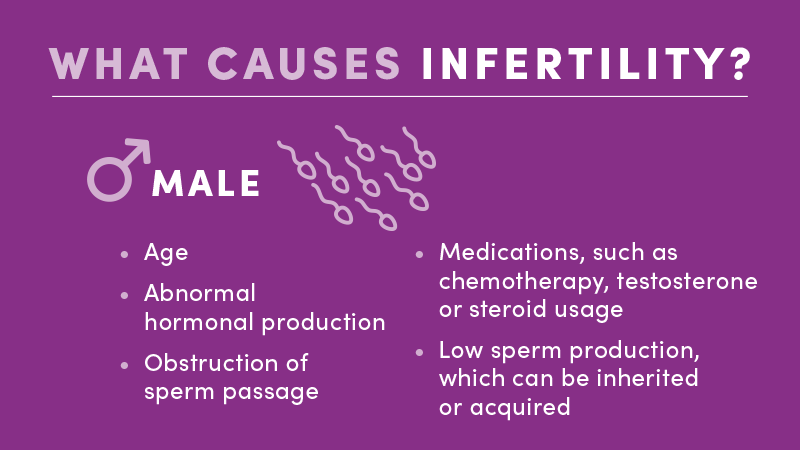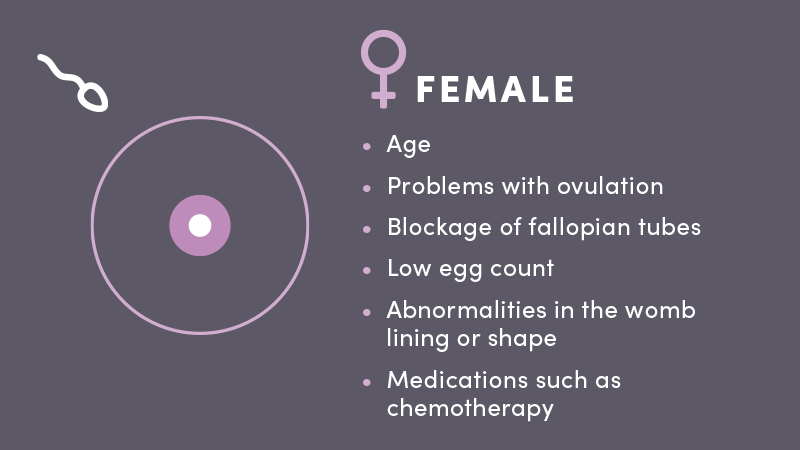After experiencing three consecutive miscarriages over four years, Ms Clara Thiam and her husband thought it might be time to stop trying for a third child. “I had two children already, so I didn’t think it could be a fertility or medical problem,” said Ms Thiam, 36, an insurance agent. “I felt maybe we just weren’t fated to have another child.”
However, during a routine Pap smear, Ms Thiam decided to ask her gynaecologist, Dr Fong Yang of Aspire Centre for Women & Fertility, whether there was anything she could do to improve her chances of a successful pregnancy. “He did an ultrasound scan of my pelvis and discovered that the issue was that my womb had become enlarged,” Ms Thiam shared. “Dr Fong suggested that if I wanted to try again, I could undergo treatment to improve my chances of carrying a pregnancy to term.”

The treatment consisted of two injections of a drug known as GnRH (gonadotropin-releasing hormone) analogue. Administered over two months, it works by inducing temporary menopause, giving the body time to resolve existing issues such as endometriosis - a condition where there is a backflow of endometrial tissue. This brief pause helps create a more favourable environment for conception.
Two months after starting the treatment, Ms Thiam successfully conceived and is now in her second trimester. To support her pregnancy, she received progesterone injections to reduce the risks of womb contractions or bleeding. These injections address luteal phase deficiency, a condition caused by low progesterone levels that can increase the risk of miscarriage.
Reflecting on her journey, Ms Thiam said that “seeking help early is far better than trying blindly and not understanding what is happening in your body.” “There’s no shame in admitting that you may be having issues,” she added.
Dr Fong noted that many people are not aware that with advances in medical care, more can be done to reduce or prevent certain types of miscarriages. “If couples are facing issues, they should seek medical advice – it’s possible that a solution exists for their situation.”

UNDERSTANDING INFERTILITY AND MISCARRIAGES
According to the World Health Organization, infertility refers to a couple’s inability to conceive after one year of regular and unprotected sexual intercourse. In Singapore, infertility affects about 15 per cent of couples and this number could get higher as Singaporeans continue to have children later in life.
Causes of infertility are split between men and women, with age being a key factor. The quantity and quality of a man’s sperm decreases as he gets older, particularly beyond the age of 40. Likewise, the number and quality of eggs in women decline as they age.


Unfortunately, even after conception, early pregnancy losses are not uncommon, with an estimated one in four to six pregnancies in Singapore ending in miscarriage.
Women who experience recurrent miscarriages – defined as three or more consecutive pregnancy losses, typically in the first trimester – should consult a doctor, said Dr Fong.
These early-stage losses can be caused by unhealthy embryos, which are determined by the health of both the sperm and the egg. “Studies have shown that sperm from older men often carry more damaged DNA, which then contributes to poorer-quality embryos,” he said. Another factor is the “environment” – the womb in which the foetus develops. Dr Fong noted that conditions like fibroids, polyps and endometriosis can make the uterus less conducive to pregnancy.

SPEAKING UP AND SEEKING SUPPORT
The struggle to conceive or cope with recurrent miscarriages can take an emotional and physical toll on couples, but seeking help early can make a significant difference. “Often, women feel embarrassment and a sense of failure, which can prevent them from sharing their experiences and seeking help,” said Dr Fong. “There are also women, like Ms Thiam, who don’t realise that pregnancy issues can still occur, even after having children.”
Additionally, women who have faced recurrent miscarriages may feel reluctant to try again. “They may experience feelings of depression and need time to emotionally prepare before trying again,” said Dr Fong.
Treatment for infertility and pregnancy losses begins with an assessment of the couple’s health, and ideally, both spouses should get checked together. “Men sometimes think this is a female problem,” said Dr Fong. “But these are problems that should be addressed together, so that both the husband and wife are ready for what’s to come and can support each other.”
Dr Fong said that many fertility concerns can be addressed by medication. “We always tell our patients that in-vitro fertilisation is the last resort,” he shared. “The important thing is to get assessed first.”
ASSESSMENT AND TREATMENT OPTIONS FOR INFERTILITY
Assessments for men may include:
• A semen analysis
• Blood tests to assess hormone levels
• Ultrasound imaging of the testes and scrotum
Assessments for women may include:
• Blood tests to assess ovarian function and hormone levels
• Swabs to test for sexually transmitted infections
• Pelvic ultrasound imaging and X-ray to check for fallopian tube blockages
Treatment options include:
• Medications to balance hormones
• Antibiotics to treat infections
• Fertility drugs to help women ovulate
• Surgical procedures to address issues such as varicocele (an enlargement of the veins that transport oxygen-depleted blood away from the testicle) in men, or endometriosis in women
Couples suffering from sexual dysfunction can also seek psychosexual counselling:
The couple can gain deeper insight into the emotional, psychological and physical factors underlying their challenges and develop practical strategies to effectively address them.
There are also cases where couples might need assisted reproductive technology, such as:
• Intra-uterine insemination (IUI), also known as artificial insemination:
- Sperm is collected and processed, and then placed into the woman’s uterus during ovulation
• In-vitro fertilisation (IVF):
- A woman’s ovaries are stimulated with injections to produce eggs
- The eggs are retrieved and fertilised in a laboratory using the husband’s sperm
- The resulting embryo is implanted back into the uterus
LEARNING TO TRUST THE PROCESS
For Ms Thiam, the treatment journey was not without its challenges. Common side effects of fertility injections include hot flashes, nausea and vomiting, stomach swelling and bloating, pelvic pain and fatigue. “I would get into a taxi, buckle up and just fall asleep,” she recalled. “It was very hard to focus.”
Prior to getting pregnant with her first child, Ms Thiam suffered a miscarriage, which she said caused her to “feel paranoid”.
“When I was pregnant with my first and second child, I hardly dared to move about,” she shared. “I felt like I had to stay in bed all the time. I was constantly waiting to feel a kick from the baby, stressing out the entire time.”
The three miscarriages that took place before her current pregnancy added to her anxiety, but her perspective shifted after Dr Fong shared some words of advice. “Dr Fong noticed how stressed I was and said, ‘You have done your best. You’re getting your jabs; you are taking care of yourself. Now, your baby has to do its part, too.’”

“It completely changed my perspective,” she said. “I realised that being stressed all the time was not good for me, and it was important to prioritise my mental health.” After that conversation, Ms Thiam began exercising more regularly, taking walks and working out with a trainer to improve her overall well-being.
In a situation where nothing is guaranteed, Ms Thiam advised fellow couples on the same journey to “try and enjoy the process”.
“We can only do our best and the rest is not within our control,” she said. “Don’t be ashamed to seek professional help or talk to people in your life whom you feel you can relate to. Don’t dwell on it alone.” She also notes that it is important for a couple to communicate openly. “My husband and I have learnt that we need to be very clear about how we feel and not keep things to ourselves.”
Dr Fong said: “I have noticed that women tend to be more forthcoming about seeking help while men are more resistant. More can be done to educate men about fertility treatments and encourage them to voice their concerns.”
Above all, couples should remain open-minded when it comes to seeking treatment. “Consult a doctor, get a second opinion if you have to, but stay open to the options that are available to you,” he advised.













